
Download free Experientia report on the role of consumer behavior in making food purchasing and product packaging more sustainable.

Rapporto gratuito di Experientia sul ruolo del comportamento dei consumatori nel rendere più sostenibile l’acquisto degli alimenti e il packaging dei prodotti.
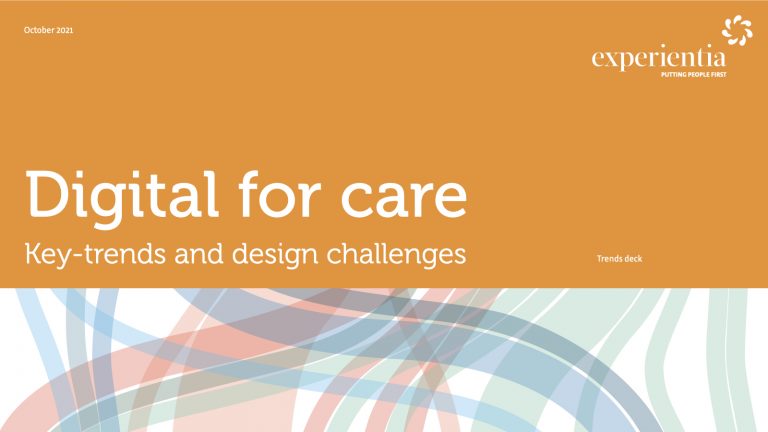
Download free Experientia report on key trends and design challenges in home and remote care when patient and caregivers use online platforms and on-body health devices
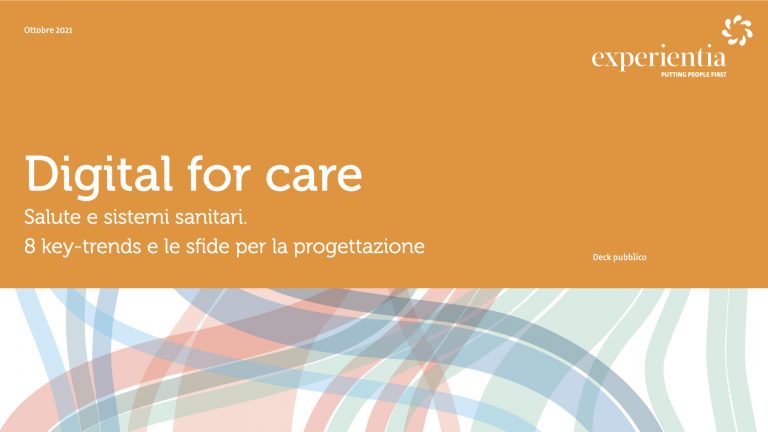
Rapporto gratuito su tendenze chiave e sfide di design nell'assistenza a domicilio e a distanza quando il paziente e i caregiver usano piattaforme online e dispositivi per la salute.

Research shows public deliberation can change participants’ opinions when it comes to public policy. Citizens who participate in mini-publics often listen to the arguments of others and form different views. They also often produce robust decisions, which are then - unfortunately - ignored by policy makers.
- AI, Conference, Education, Educational services, Experientia, Experientia, Health, Healthcare, Italy, Jan-Christoph Zoels, Mobility, Public services, Technology (general), Turin
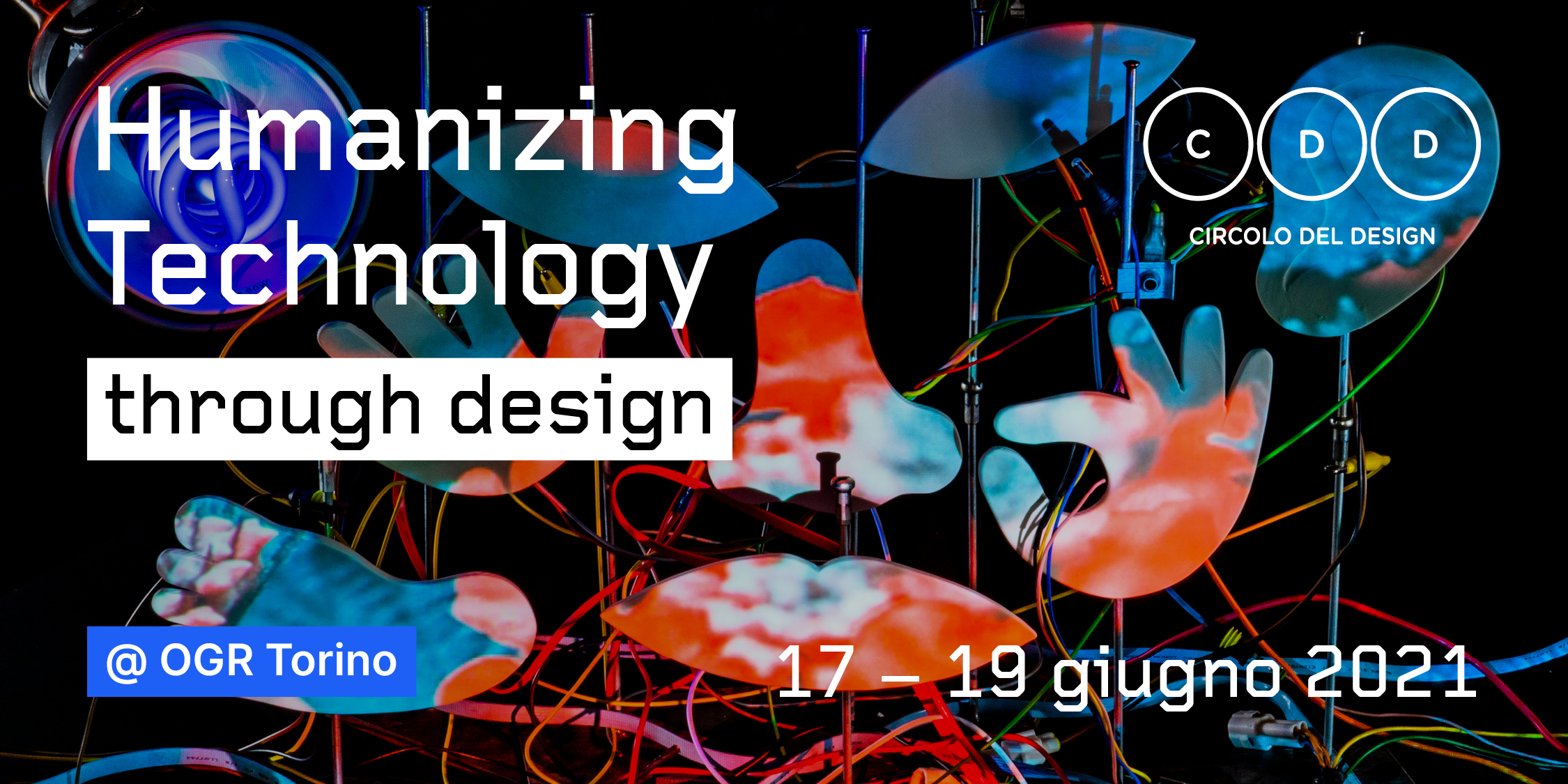
Curated by Experientia partner Jan-Christoph Zoels and Sara Fortunati, director of the Torino Circle of Design, the conference dealt with the best international practices about the humanization of technology. It was structured into six different thematic sessions: ethics, public services, healthcare, AI, mobility and learning. All videos are now available, with English subtitles.

The use of nudge theory to inform policy interventions in response to COVID-19 has re-opened debates over the politically paternalistic nature of governing by ‘nudges’ and has given momentum to calls to include the more participatory elements of co-design into policymaking
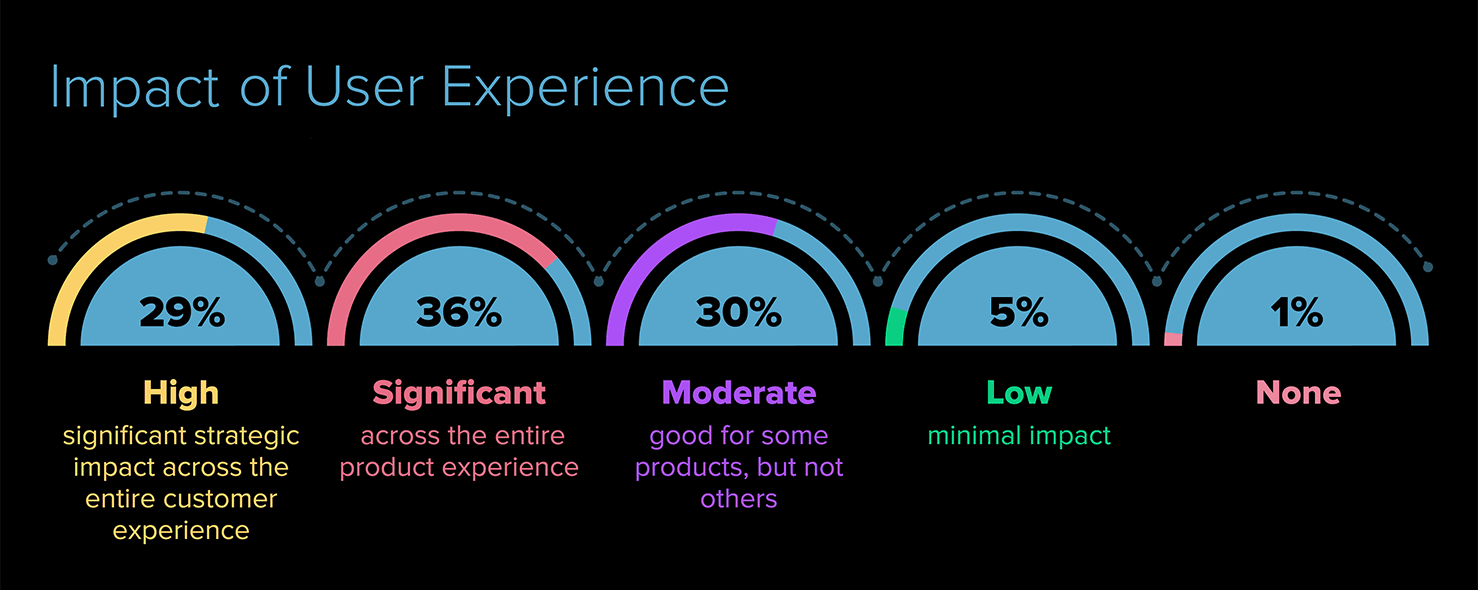
UXmatters and the UX research consultancy User Fountain recently teamed up to survey UX professionals around the world on the role of User Experience within their organization. The Role of UX: 2020 Benchmark Study explores UX roles, tools, methods, and organizational structures, as well as organizations’ various levels of UX maturity.

Several Covid-19 policies have shown "just how deeply some governments distrust their citizens. As if the virus was not enough, the public was portrayed as an additional part of the problem". But, asks Prof. Stephen Reicher of the University of St Andrews, "is this an accurate view of human behaviour"?

Gillian Tett, anthropologist and chair of the US editorial board of the Financial Times, has published - in the Guardian - her list of 10 books offering insights into how we structure our lives.
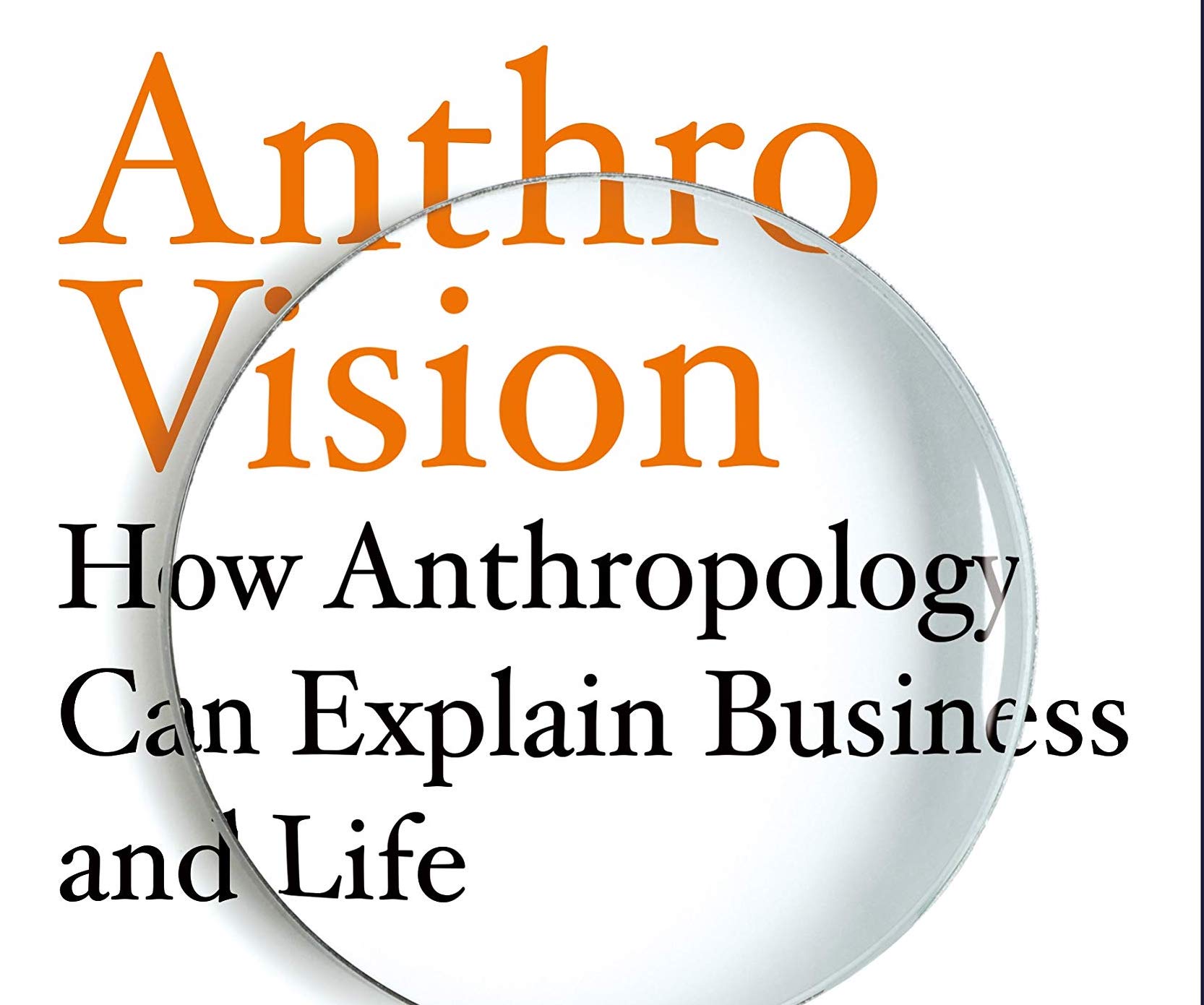
If there’s one simple message for the general reader in her new book Anthro-Vision it is this: the promise and value of anthropology lies in making visible that which is close to hand but ignored. It offers a means to see the world differently.

Heidi Larson studies vaccine rumors—how they start, and why some flourish and others wither. Tackling misperceptions individually is like eliminating a single microbial strain: when one germ is gone, another will bloom. Instead, the entire ecosystem must be rehabilitated.

The great irony is that the revolution that bitcoin set off could be the end of [financial] privacy with the launch of central bank-backed digital coins.

In an age when the business world is dominated by technology and data analysis, award-winning financial journalist and anthropology PhD Gillian Tett presents a radically different strategy for success: businesses can revolutionize their understanding of behavior by studying consumers, markets, and organizations through an anthropological lens.

The Crypto Sentiment Advisor (CSA) is an EIT-Digital supported platform for investors holding cryptocurrencies, to anticipate swings in the sentiment for their investments. Experientia is in charge of the UX research that will inform the definition of the value proposition and the UX/UI design guidelines of the CSA solution.
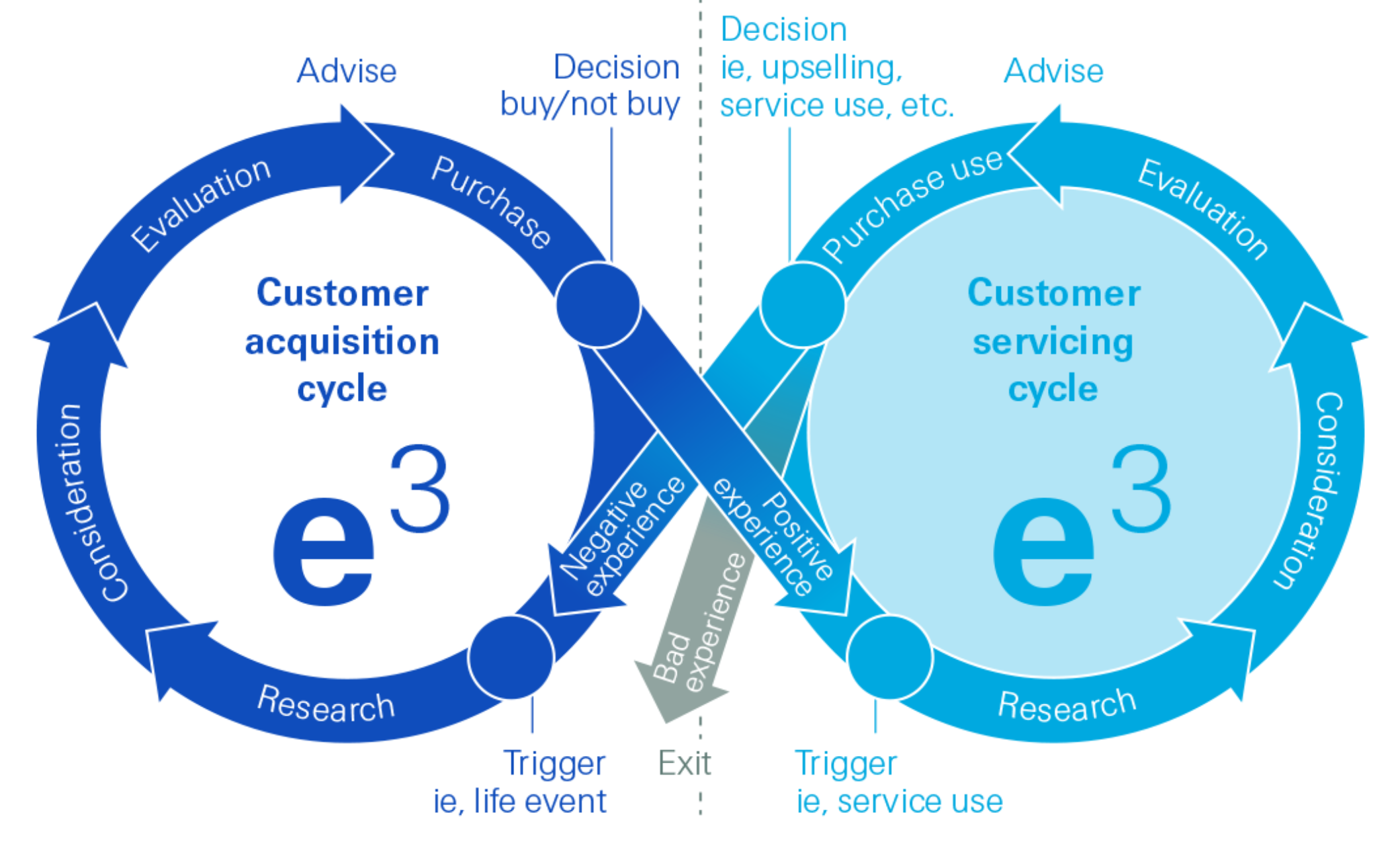
COVID-19 has accelerated the digital transformation of insurance companies. If insurers apply the e3 lens when assessing their touchpoints, they can create tailored, engaging and empowering connections with their customers. By building this process into their value propositions, insurers can become much more customer-centric.

The COVID-19 pandemic is changing how we work, travel, communicate, shop and more, but which new habits are likely to stick permanently? The authors explore five key behavioural changes and their implications for risk and protection.

Innovation can only occur in the right environment. While organizations can attempt to hire for innovation, there is little that can blossom in a restrictive and discouraging physical setting - even if the space holds the most creative and vibrant thinkers.
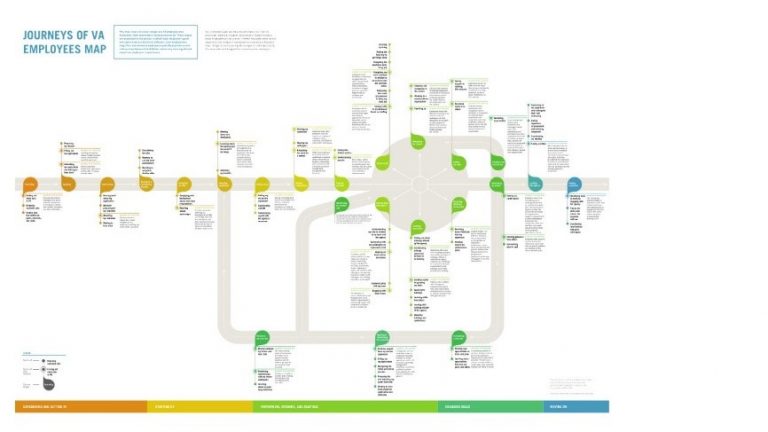
The employee experience (EX) journey map of the US Government’s Department of Veteran Affairs (VA) identifies the moments that matter during a VA employee’s career using the same human-centered design process that VA’s Veterans Experience Office (VEO) has applied in the development…
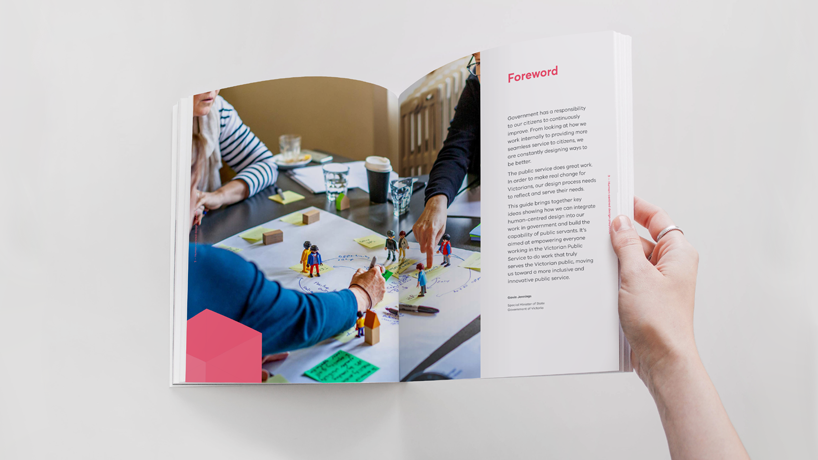
This guide brings together key ideas showing how we can integrate human-centred design into our work in government and build the capability of public servants.




















